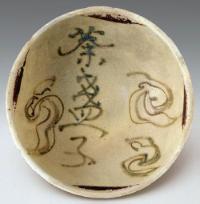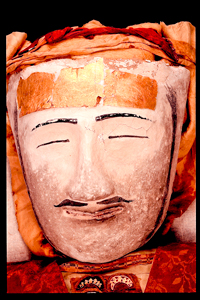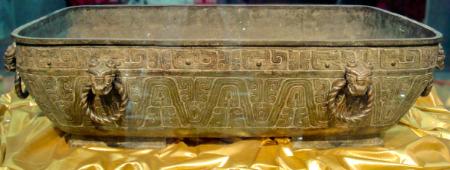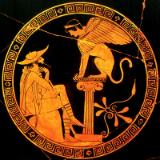Victor Mair
Professor of Chinese Language and Literature
University of Pennsylvania

A 9th-Century Shipwreck and Its Implications for the History of Tea
Wednesday February 19, 2014 — 4:30pm
Lowe Art Museum
1301 Stanford Drive
Coral Gables, FL 33146
The Tarim Basin Mummies
Thursday February 20, 2014 — 7:00pm
CAS Gallery / Wesley Foundation
1210 Stanford Drive
Coral Gables, FL 33146
Victor Mair, Professor of Chinese Language and Literature in the Department of East Asian Languages and Civilizations at the University of Pennsylvania, specializes in Buddhist popular literature as well as the vernacular tradition of Chinese fiction and the performing arts. Throughout the 1990s, Professor Mair organized an interdisciplinary research project on the Bronze Age and Iron Age mummies of Eastern Central Asia. Among other results of his efforts during this period were three documentaries for television (Scientific American, NOVA and Discovery Channel), a major international conference, numerous articles, and a book, The Tarim Mummies: Ancient China and the Mystery of the Earliest Peoples from the West (2000). Professor Mair is also the author of, with Erling Hoh, The True History of Tea (2009) and the Columbia History of Chinese Literature (2010). He is the founder and editor of Sino-Platonic Papers and General Editor of the ABC Chinese Dictionary Series at the University of Hawaii Press. He has been a fellow or visiting professor at the University of Hong Kong, the Institute for Advanced Study at Princeton, the Institute for Research in Humanities at Kyoto University, Duke University, and the National Humanities Center.
|









